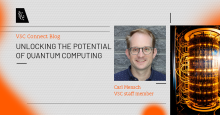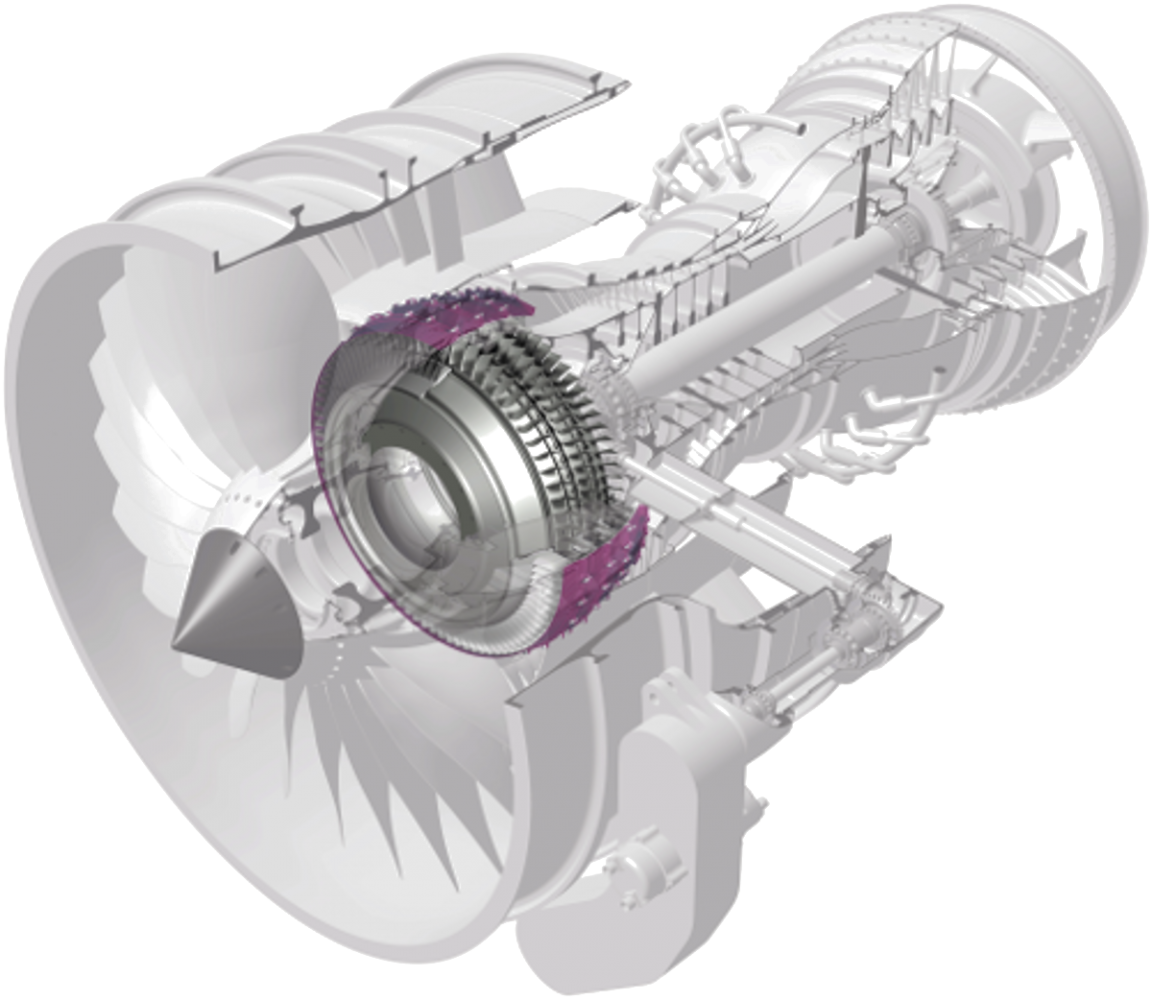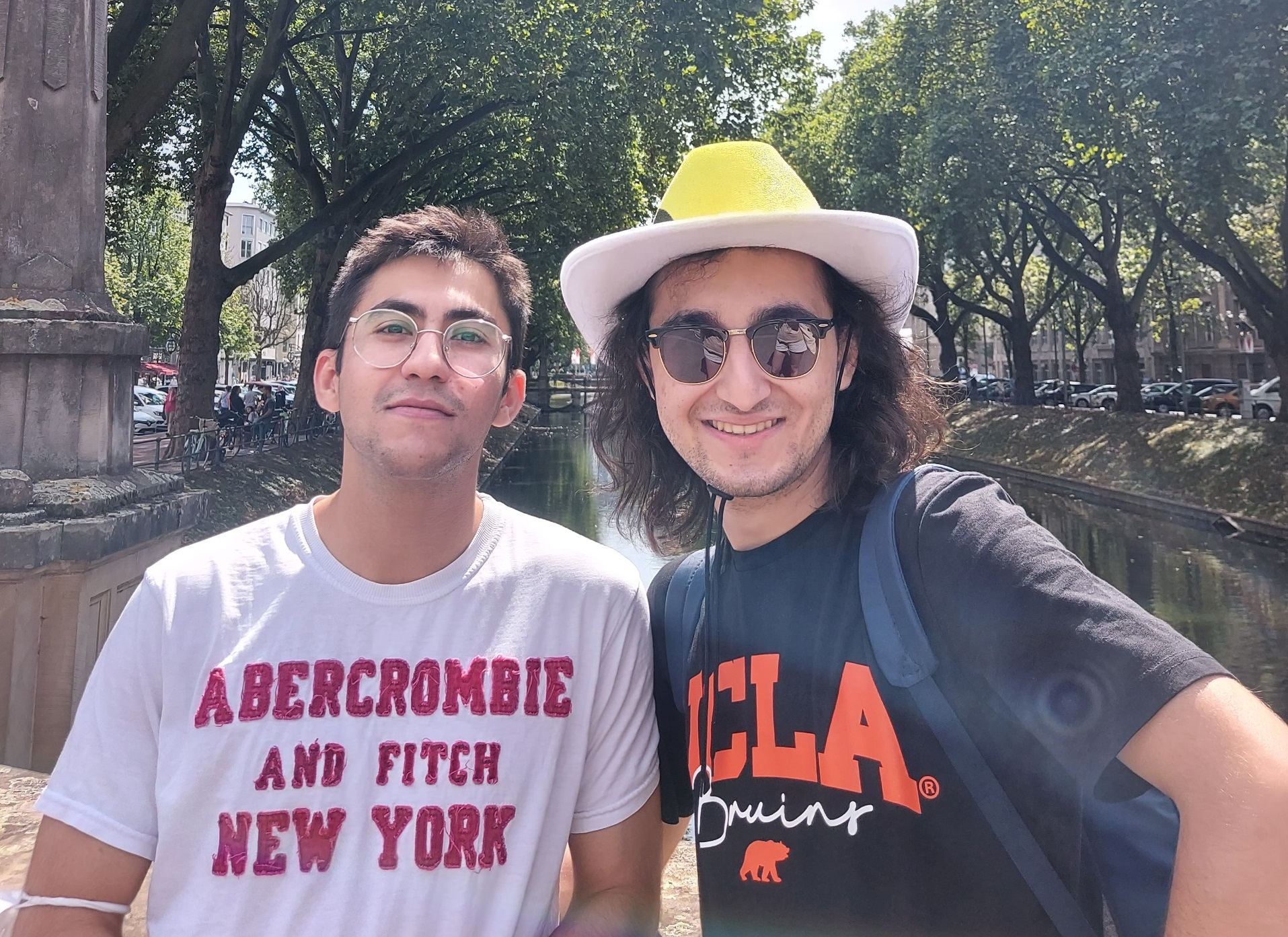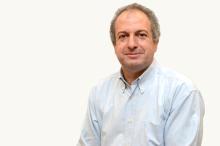VSC Connect Blog: "Unlocking the Potential of Quantum Computing"
In this VSC Connect Blog post, our colleague Carl Mensch, discusses the potential of quantum computing, adressing challenges and hurdles in the way of the quantum computing research. In this interview, he provides insights and recommend resources to researchers and companies who are getting involved in that research area.
Quantum computing won't replace classical computing it wil complement it, solving problems we couldn't tackle before.”









